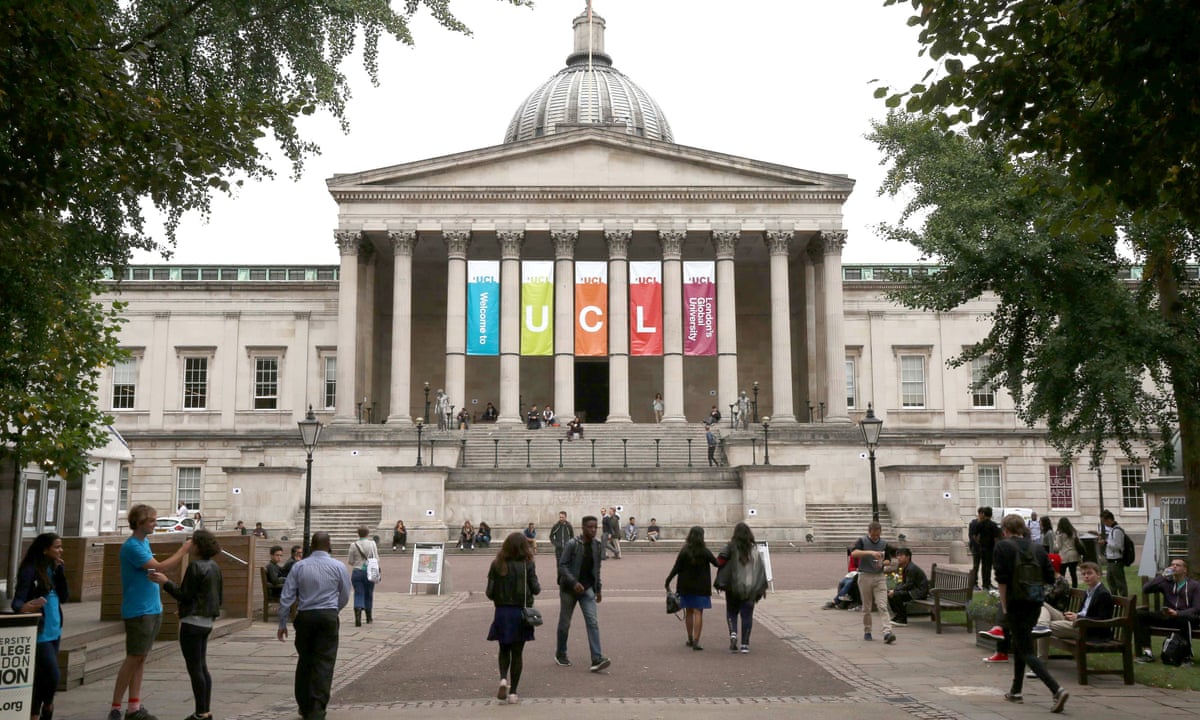How To Study In Top 10 Universities in London can be accessed below.
Students looking for top universities in London will encounter a range of options as vibrant and varied as the city itself.
Whether you’re looking for specialist or multidisciplinary institution, or the option to combine a flexible study programme with your career, you’ll be able to find your perfect match in the UK capital.
For a taste of what’s on offer, here’s a look at the 10 highest-ranked universities in London, based on the QS World University Rankings® 2022:
Top 10 Universities in London According to the QS World University Rankings 2022 | ||
| London Ranking | World Ranking | Institution |
| 1 | 7 | Imperial College London |
| 2 | =8 | University College London (UCL) |
| 3 | 35 | King’s College London |
| 4 | 49 | The London School of Economics and Political Science (LSE) |
| 5 | 117 | Queen Mary University of London |
| 6 | =330 | City, University of London |
| 7 | =332 | Birkbeck, University of London |
| 8 | =334 | Royal Holloway University of London |
| 9 | =351 | Brunel University London |
| 10 | =391 | SOAS University of London |
London is an academic hotspot, with the most universities of any UK city. It is home to 18 universities in total, according to the QS World University Rankings 2022. These are led by Imperial College London, which ranks in seventh place globally. Close behind this is University College London (UCL), in joint eighth this year.
London is not exactly a cheap option for students. Rent and living costs are significantly higher in London compared to the rest of the UK. LSE estimates students should allow around £1,100 to £1,300 per month for living expenses, including accommodation, travel, food, laundry, study costs, and other personal expenses.
The average tuition fee for international students in London is around £15,000 per year which, whilst high, is significantly lower than many US institutions. Domestic students in London can expect to pay £9,250 a year on tuition.

Despite this high cost, London has claimed the title of the best student city in the world for the second year in a row, according to the most recent QS Best Student Cities ranking.
Students love London’s diversity, with the city’s citizens and students coming from all over the world. This diversity sieves through to the city’s culture, as well as its food and drink.
Speaking of culture – there’s so much to do in London. Not only is it home to some of the world’s best museums, including the British Museum, the Victoria and Album Museum (V&A), the Natural History Museum – all of which are free – but London also has some of the best nightlife in Europe. Students come from all over the UK to experience nights out in Shoreditch, Brixton and Mayfair.

Jim Onyemenam, who is studying a Master’s in Legal Theory at UCL, said: “Studying in London is constantly interesting. There’s never a moment when there’s nothing to do and I am never bored. London is always bustling with life and that energy really feeds into the student community. It’s really energising.”
When he’s not studying, Jim loves working on creative projects and exploring London with friends. He said: “I make films with the new friends I have or continue developing my musical theatre project. If I want to chill, I grab a pint or see a movie. On a special day, I may go to the museums or theatre too. I love the Tate Modern Museum and the V&A. The Book of Mormon musical left me in tears!”
Wherever you’re studying in London, chances are you’re never more than a short walk away from a park. After all, 47 percent of the city is made up of parks, commons and other outdoor spaces. On a sunny day, students from all over the city head to some of London’s best loved parks, including Hyde Park, Regent’s Park, Hampstead Heath and St James’s Park.
When we asked Jim what he enjoys the most about studying in London, he said: “the student community. UCL is a very international university and I met people from all over the world which really broadened my perspective on life. I also developed my hobbies and passions a lot more through the student societies which made my experience more well-rounded.”
























